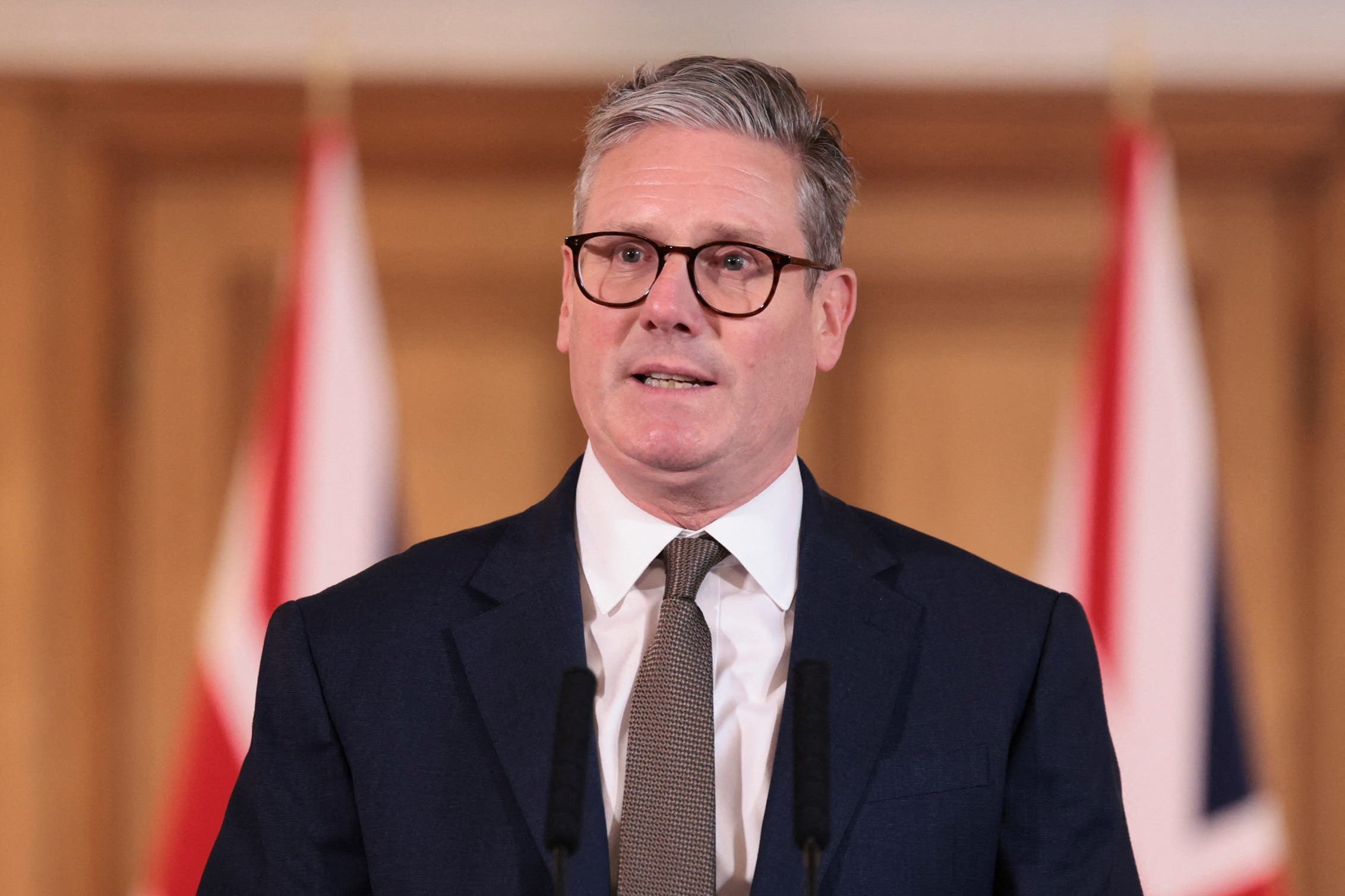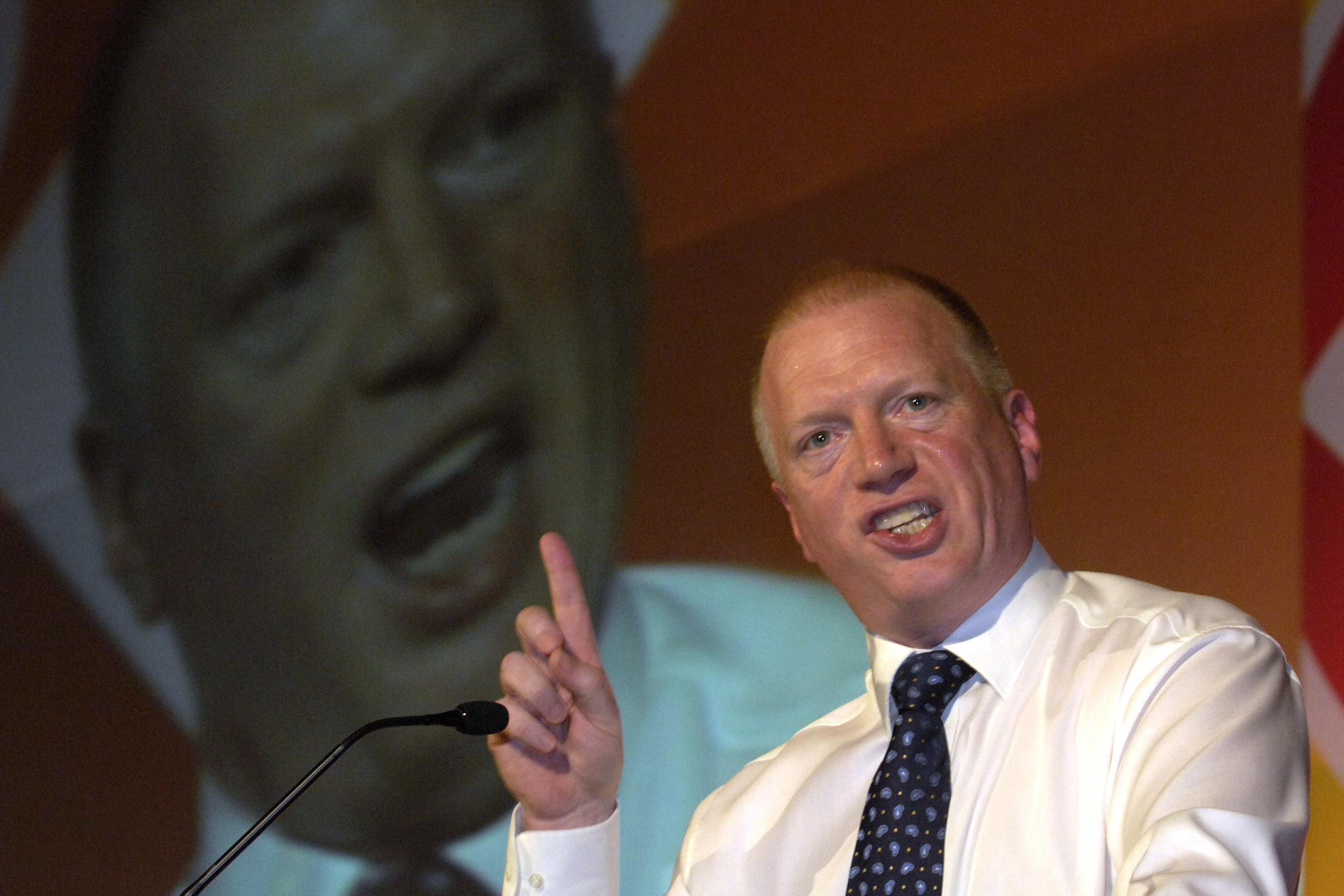Starmer apes Brexiteers as he vows to ‘take back control’ in 35-bill King’s Speech
Keir Starmer has indicated his priorities for the King’s Speech will be wealth creation, new homes, rail and English devolution – but union leaders have been left waiting nervously on workers’ rights

Sir Keir Starmer has made it clear that wealth creation and economic growth will be his overriding priorities when Labour’s first programme for government since November 2009 is unveiled in parliament.
In a nod to the promises made by supporters of Brexit, the prime minister has promised to “take back control” of the country and “lay the foundations of the real change” it says people are desperate to see.
When King Charles reads out the speech in the Lords for the state opening of parliament at 1pm on Wednesday, the moment will mark the beginning of a major reset for the country.

Critics will highlight the contrast between the government’s focus and traditional Labour values, but the prime minister hopes to usher in a new era in British politics.
Speaking ahead of the King’s Speech, Sir Keir said: “Now is the time to take the brakes off Britain. For too long people have been held back, their paths determined by where they came from – not their talents and hard work.
“I am determined to create wealth for people up and down the country. It is the only way our country can progress, and my government is focused on supporting that aspiration.
“Today’s new laws will take back control and lay the foundations of real change that this country is crying out for, creating wealth in every community and making people better off – supporting their ambitions, hopes and dreams.”
Trade union leaders, meanwhile, will have a nervous wait until the details of the 35 bills and draft bills are revealed to know whether Sir Keir and his Labour government will come good on promises they made to push through workers’ rights.
Trades Union Congress (TUC) president Matt Wrack, who is also the Fire Brigades Union general secretary, said: “While the commitments to invest in jobs, affordable homes, and infrastructure are welcome after 14 years of Tory austerity, unions will be looking for reassurances that the King’s Speech will include a significant announcement on extending workplace rights and swiftly repealing the authoritarian anti-trade union laws such as the Minimum Service Levels Act, which effectively bans strikes.

“We look forward to working with ministers to deliver on Labour’s promised new deal for working people.”
In what has been a difficult balancing act between the unions, as Labour’s biggest funders, and wooing major business leaders, such as Iceland’s Richard Walker, chancellor Rachel Reeves’s high-growth, pro-business approach appears to have trumped deputy prime minister Angela Rayner’s push on workers’ rights.
Along with wealth creation, the new prime minister has highlighted improvements to Britain’s transport infrastructure as part of a pro-growth package.
New legislation will be introduced to create a simplified rail system by nationalising rail services into public ownership once their contracts expire or if operators fail to deliver on their commitments.
The approach aims to avoid the costs to the taxpayer of paying compensation to operators for taking services into public ownership.
Labour claims that transferring operations to the public sector will save the taxpayer millions of pounds being paid out in fees to private operators each year and end the fragmentation of our railways, establishing a more efficient and reliable rail service for passengers.
The government will also introduce legislation to establish a new public body, Great British Railways (GBR) – avoiding the former British Rail of pre-privatisation – which it says will be focused on improving services and creating better value for money for passengers.
The King’s Speech is also expected to feature a Better Buses bill to deliver the government’s manifesto commitment to reform the bus system by delivering new powers for local leaders to franchise bus services and to lift the restriction on new publicly owned bus operators. The bill aims to end “the postcode lottery of bus services”.
A major overhaul of planning laws is aimed at getting Britain to build more homes and infrastructure to strengthen economic growth.
The reforms are intended to speed up and streamline the planning process to build more homes of all tenures and accelerate the delivery of major infrastructure projects.
Local powers to object to new building projects are set to be bypassed and replaced with suggestions on improving developments.
Ms Rayner’s Ministry of Housing, Communities and Local Government will deliver an English Devolution bill aimed at transferring power to local communities and establishing local growth plans.
There will be manifesto promises such as the creation of a national wealth fund to strengthen UK investment and a new “Mission Control” tasked with turbocharging the UK to clean power by 2030.
The government will lay out details of the new Border Security Command.






Join our commenting forum
Join thought-provoking conversations, follow other Independent readers and see their replies
3Comments